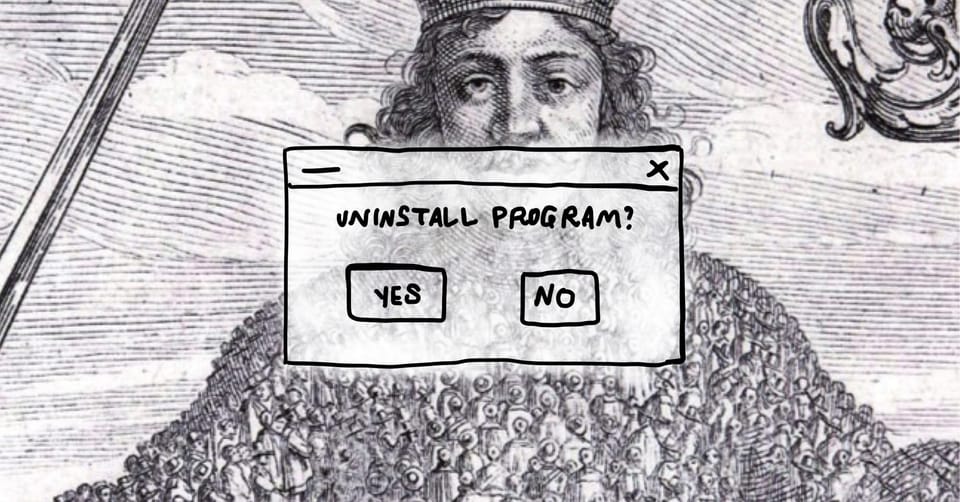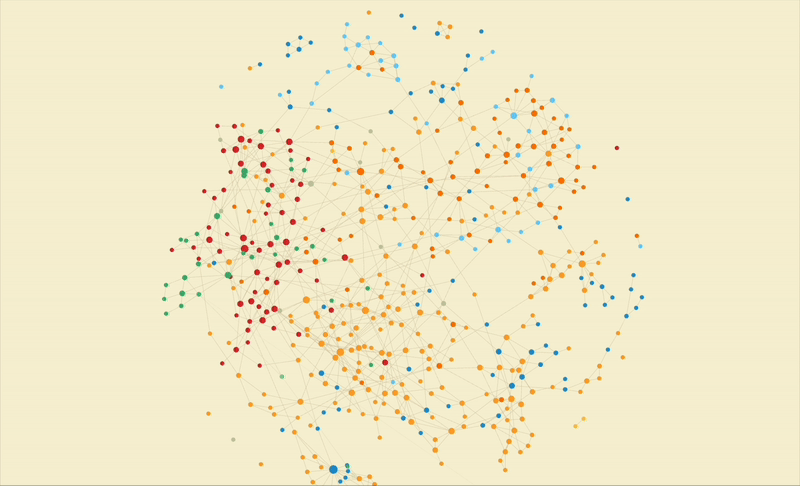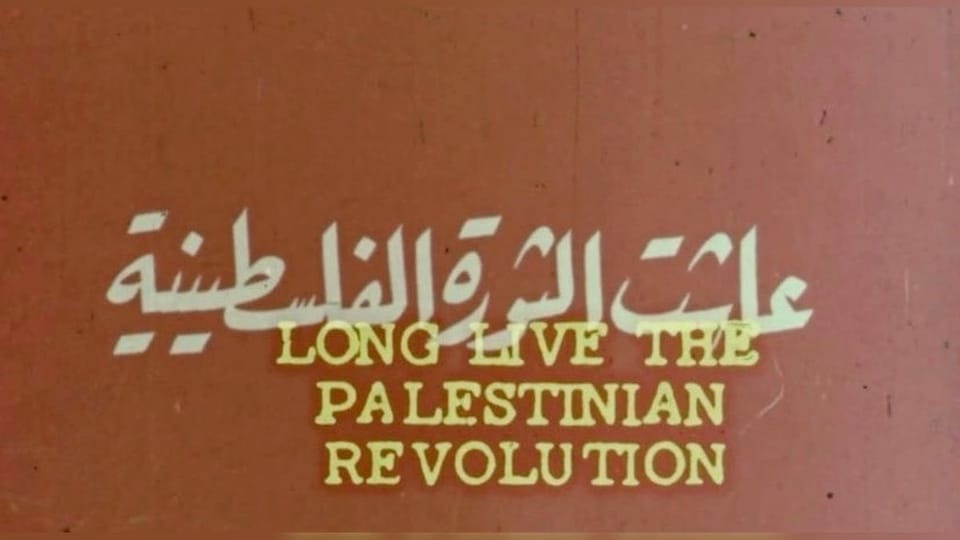Learning Good Consent: An essential zine on relational boundaries
In this zine, sex is not nearly as important as the dirty work: defining the boundaries of what feels safe for your dignity around another while being mindful of their limits too.
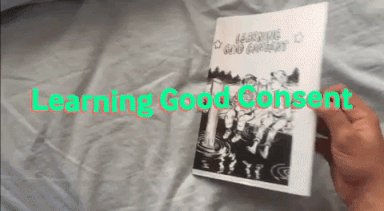
From the latest wave of the #MeToo movement to the NUJ statement from our own in Malaysia— within the rise of confessions, fired-up responses, and hot takes, a sentiment repeatedly appears: We need to have these conversations. We need to talk about harassment, sexual assault, consent, coercion, boundaries, empathy, and even attraction.
Nobody disagrees, but talking about whatever article is now trending isn’t going to get us there. The knee-jerk unevenness of learning via ‘bouncing off’ each other can lead to discourse burnout real quick. We confront each other at different angles, stir up each other’s memories, and our anger becomes part of the air. Sometimes dialogues feel unhelpful or simplistic; the conversation is closed off from the start.
Learning Good Consent is a zine that helps open up conversation by time-travelling gently into oneself.
Rereading it was a timely relief for me; away from a Reply button or Compose field was the opportunity to reflect on what I’ve done to others, what was done to me, what has happened to others I know, and what I can change moving forward.
Our repressed culture often sensationalises rape like it could still be sex. But this zine expresses transgressions of personal boundaries as the universal violations they really are. When things go wrong, they feel wrong. It sounds traumatic because it is trauma. You get stories from both perpetrator and survivor. You learn ‘perpetrator’ and ‘survivor’ are not even mutually exclusive terms; it’s uncomfortable, but we can be or have been both.
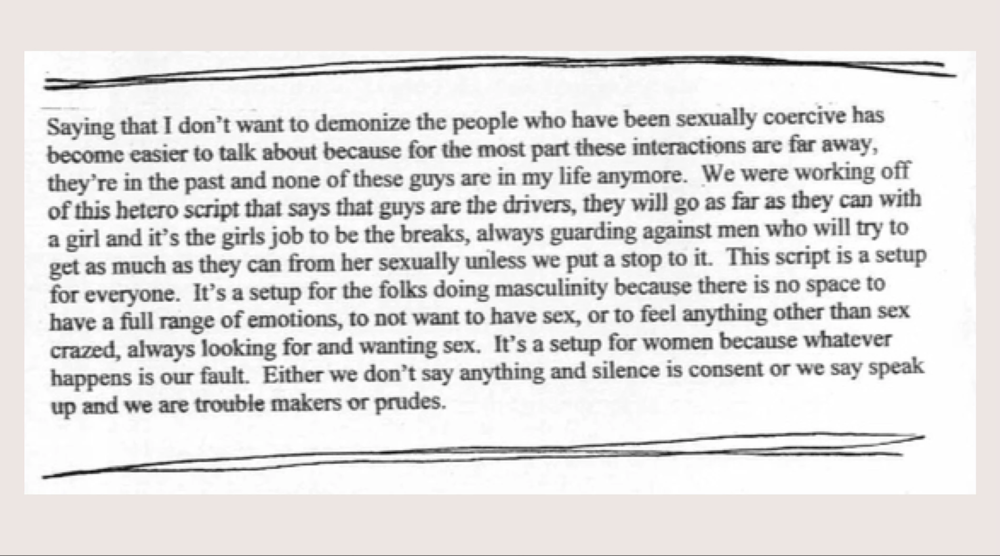
In this zine, sex is not nearly as important as the dirty work: defining the boundaries of what feels safe for your dignity around another while being mindful of their limits too. Simply put, it’s the work of building healthy relationships.
Lindy West is right to point out that the discourse has been bubbling for awhile; this anthology zine is clearly part of that. At our zine booths, I often introduce it as a classic, one that many zine readers around the world recognise and even consider essential. Almost ten years on, and its introduction feels like it was written yesterday. I guess it’s because unpacking consent is a timeless personal process.
Some people in this zine revisit their memories later in life with new information, and in doing so realise what happened to them ‘back then’ was really another thing altogether. Coping with that is part of the process too. And this zine can help one cope. Among other things, you can expect:
- A long list of questions to warm you up to the topic (a personal favourite which I keep coming back to)
- Story sharing (Content warning: some are really explicit)
- Different voices with blueprints and frameworks of what’s worked for them
- A list to identify an abusive partner (3. a whirlwind romance: have you known your abuser less than six months before you were engaged or living together?)
- A personal bill of rights that make great affirmations (“I have the right to refuse activities, even if my date is excited about them”)
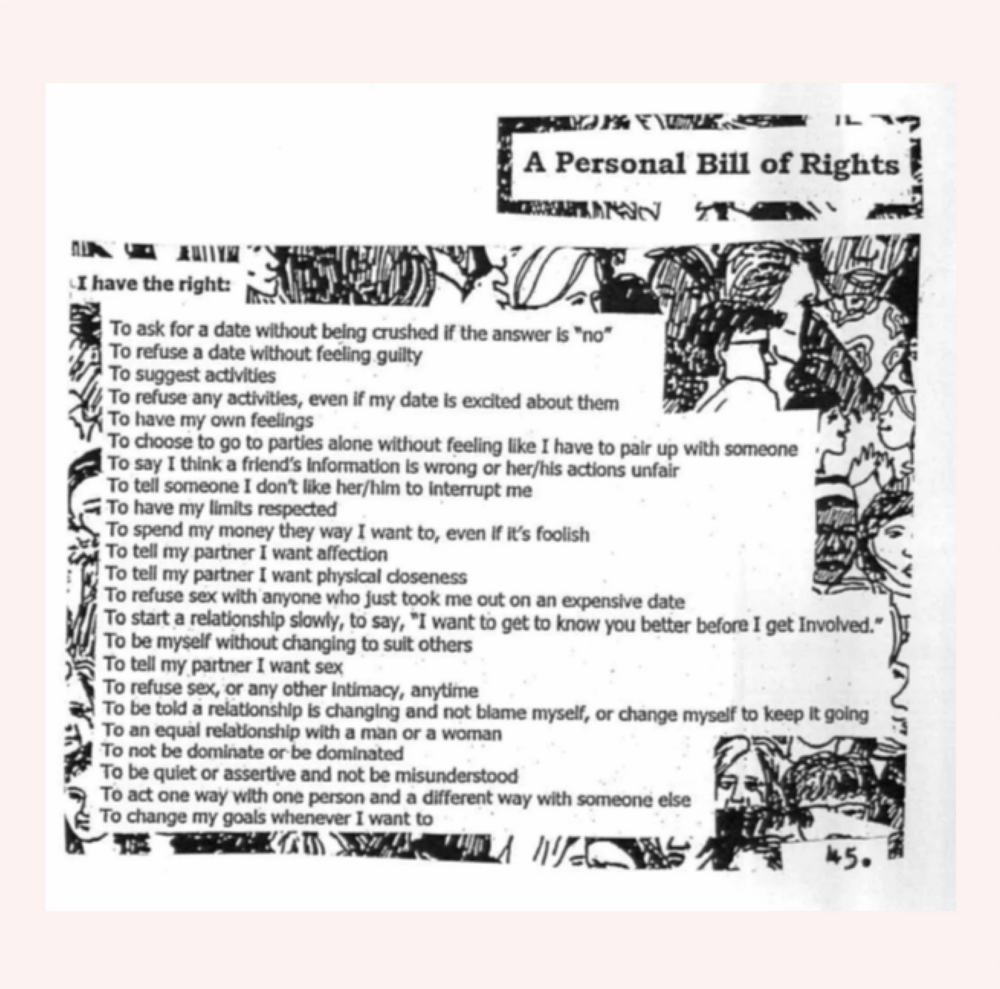
Everyone can benefit from Learning Good Consent. But hey, you don’t have to be an overnight expert and figure it all out before the next big news thing. That isn’t as important as being real with yourself about your patterns with others, especially in forming meaningful relationships without being hurt or hurting anyone along the way. We all need to learn to inflict less pain and be more responsible. And playing devil’s advocate with people’s experiences isn’t the same as learning.
Got new rules and counting them,
Liy
Liy Yusof, 31. This is a review of the edited/updated version of Learning Good Consent. Originally published as a zine column on behalf of the radical zine distro I used to run with friends in Kuala Lumpur.
